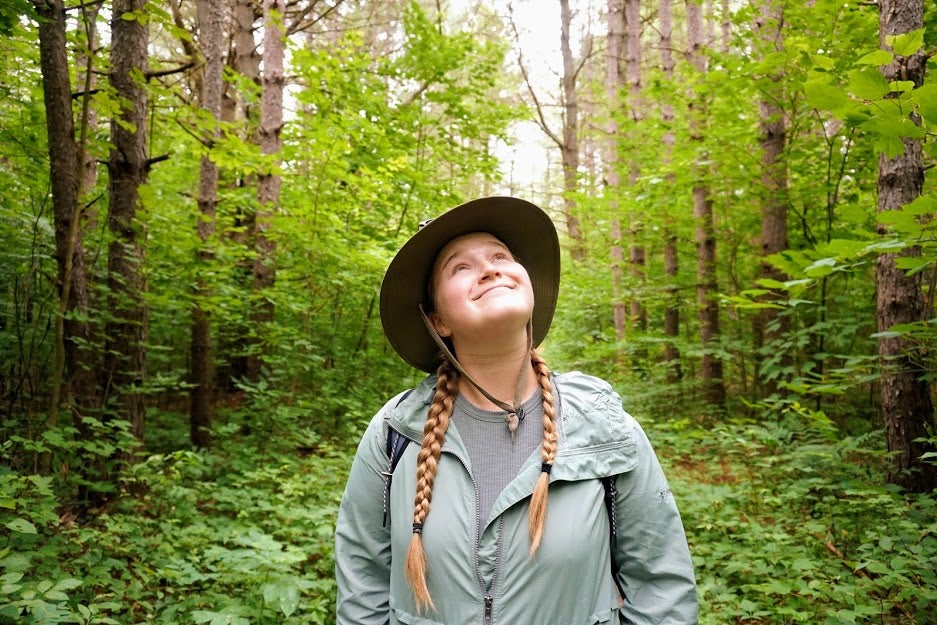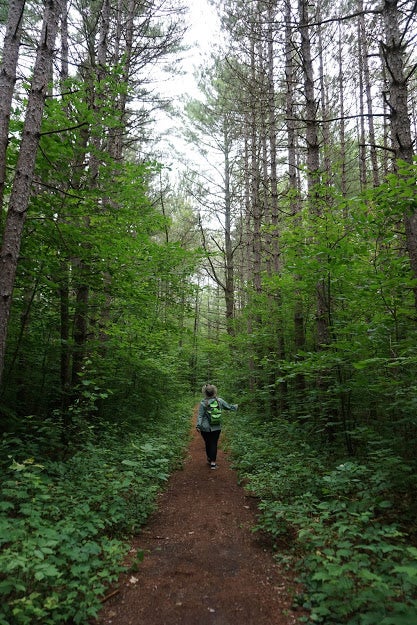
How does climate change make you feel?
After experiencing the mental health impacts of climate change firsthand during her university degree, recent ERS grad Beth Grant decided to pose this question to her peers through her undergraduate thesis project which she recently presented at the Environmental Studies Association of Canada’s annual research conference.
Using quantitative surveys, focus groups and photovoice methodology, an empowering research approach based in participant photography, the study examined the impacts of climate change on the mental health of Faculty of Environment students. The efficacy of photovoice methodology as a tool for managing mental health impacts and empowering participants was also investigated.
Despite a lack of explicit discussions on the mental health impacts of climate change during her time in ERS, the findings of Beth’s research reassured her that she was anything but alone in the experience. 88% of survey respondents have noticed a change in a place that is important to them due to climate change. 65% have had a nightmare about climate change and 55% never or rarely feel hopeful for the future in relation to climate change.
Eco-grief, eco-anxiety, solastalgia, guilt, hopelessness, anger, identity loss and functional impairment were experienced by photovoice and focus group participants. The most frequently cited encounters leading to these impacts were witnessing changes or deterioration to places of personal importance, educational exposure through programs of study and consideration of future generations.
Environment students had diverse and numerous coping strategies that helped them stay resilient including spending time in nature, connecting with community and taking political or environmental action. Participants noted that various types of intersectional privilege facilitated resilience.
A lack of discussion and support for these experiences within post-secondary institutions was the most discussed barrier to resilience and students expressed a strong desire to see these conditions improve in their faculty. Students recommended the development of an undergraduate course on the subject and frequent student grief forums and meetings to share these experiences.
What was the result of participating in the reflective photography activity and focus group? Participants reported a subjective increase in mental health and well-being and feelings of empowerment.

So what can university students and staff who are feeling the weight of climate change do? Spend time in nature, foster community, start conversations and share how you’re feeling with others and take environmental and political action within and outside of your university campus, encourage your university and faculty staff to prioritize tailored mental health supports. After all, an investment in the well-being of climate activists today, is a step towards securing a healthy planet for tomorrow.
Interested in learning more? Check out some participant photography from this study in Beth’s 3 Minute Thesis presentation below or see the full study on her LinkedIn